Since 2008, the Islamic Center in Malmö has been owned by the Libya-based World Islamic Call Society, a group founded by Qaddafi.
Following the recent violence in Libya, the United Nations has ordered sanctions against the Libyan leader and people close to him.
But the Islamic Center’s president Bejzat Becirov anticipated that this would not affect operations in Malmö, saying that the mosque has not been subject to any form of pressure from Libya.
“The organization is autonomous from the government in Tripoli,” Becirov told the TT news agency.
The Libyan organisation assumed ownership of the buildings in Malmö after the Islamic Center experienced financial difficulties.
The Center’s facilities were purchased in July 2008 for just less than 33.3 million kronor ($5.3 million).
“We tried to get help from the city of Malmö,” said Becirov.
“In the end, this was the only thing left. Otherwise, the banks would have taken the land.”
Professor Jan Hjärpe, an Islamologist at Lund University, describes the World Islamic Call Society as a charity that Qaddafi started in the 1970s to gain a little goodwill in the Muslim world, where he was then regarded as a “heretic”.
“It’s too early to say what impact the recent events in Libya might have on the mosque in Malmö. It all depends on what the developments will be in Libya,” Hjärpe told TT.
He added, however, that he thinks the World Islamic Call Society will remain the same, regardless of the regime in Tripoli.
“Anything else would send the ‘wrong’ signals,” he said.
The UN sanctions against Libyan assets abroad only concerns actual individuals.
At the top of the list is Qaddafi, who is followed by members of the regime who are still loyal to him.
As a result, the ownership of the mosque isn’t covered by the sanctions, according to foreign ministry spokesperson Kent Öberg.
“If someone reports it as a sanctions crime, then the police would investigate it in the usual manner,” Öberg told TT.

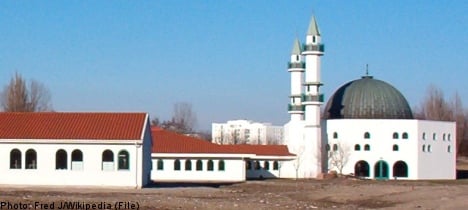
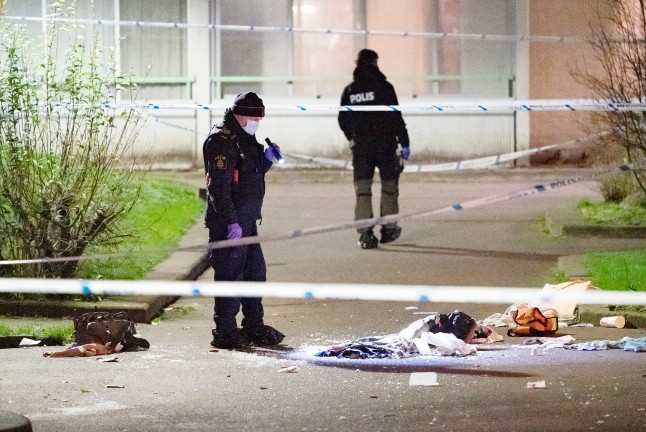
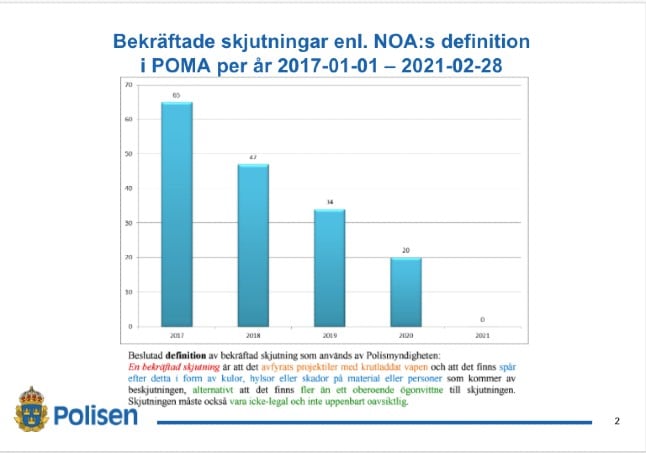
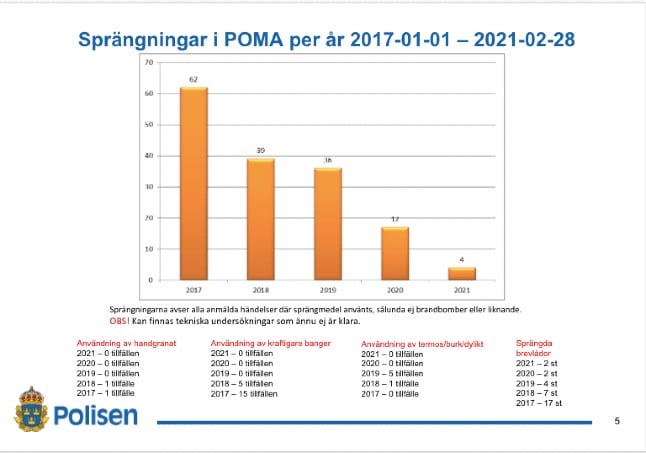
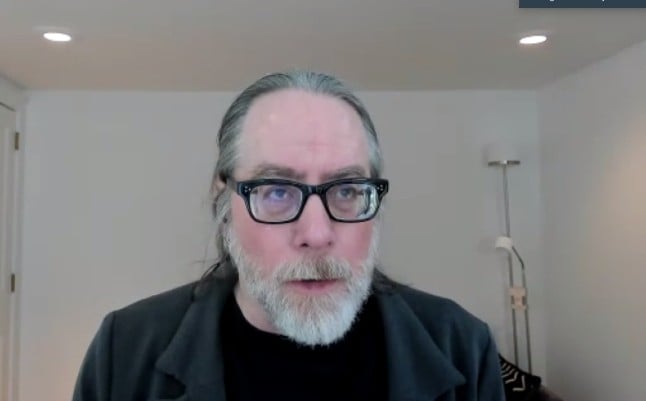
 Please whitelist us to continue reading.
Please whitelist us to continue reading.
Member comments